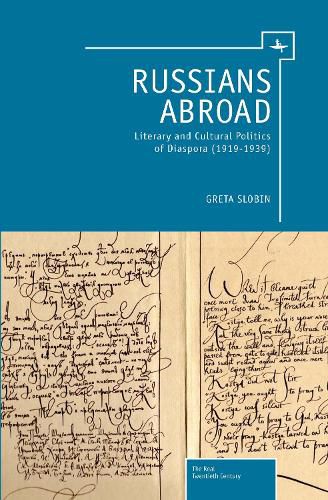Readings Newsletter
Become a Readings Member to make your shopping experience even easier.
Sign in or sign up for free!
You’re not far away from qualifying for FREE standard shipping within Australia
You’ve qualified for FREE standard shipping within Australia
The cart is loading…






This book presents an array of perspectives on the vivid cultural and literary politics that marked the period immediately after the October Revolution of 1917, when Russian writers had to relocate to Berlin and Paris under harsh conditions. Divided amongst themselves and uncertain about the political and artistic directions of life in the diaspora, these writers carried on two simultaneous literary dialogues: with the emerging Soviet Union and with the dizzying world of European modernism that surrounded them in the West. The book’s chapters address generational differences, literary polemics and experimentation, the heritage of pre-October Russian modernism, and the fate of individual writers and critics, offering a sweeping view of how exiles created a literary diaspora. The discussion moves beyond Russian studies to contribute to today’s broad, cross-cultural study of the creative side of political and cultural displacement.
$9.00 standard shipping within Australia
FREE standard shipping within Australia for orders over $100.00
Express & International shipping calculated at checkout
This book presents an array of perspectives on the vivid cultural and literary politics that marked the period immediately after the October Revolution of 1917, when Russian writers had to relocate to Berlin and Paris under harsh conditions. Divided amongst themselves and uncertain about the political and artistic directions of life in the diaspora, these writers carried on two simultaneous literary dialogues: with the emerging Soviet Union and with the dizzying world of European modernism that surrounded them in the West. The book’s chapters address generational differences, literary polemics and experimentation, the heritage of pre-October Russian modernism, and the fate of individual writers and critics, offering a sweeping view of how exiles created a literary diaspora. The discussion moves beyond Russian studies to contribute to today’s broad, cross-cultural study of the creative side of political and cultural displacement.